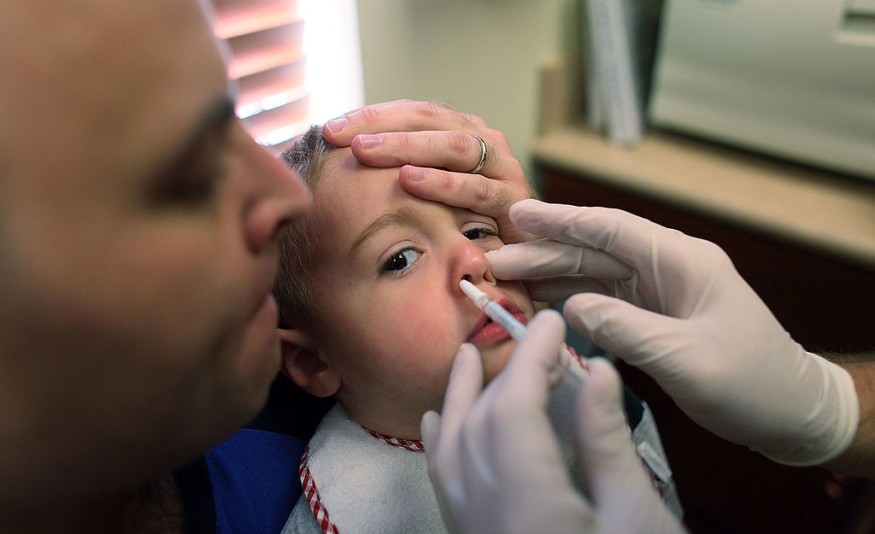An international team of scientists has developed a nasal spray that prevents SARS-CoV-2 virus absorption. If the spray, defined by scientists as non-toxic and durable, is shown to be safe for humans, a new means of battling the pandemic may be given. A spritz up the nose every day will work like a vaccine.
Scientists from Cornell University and Columbia University Medical Center in New York, and Erasmus Medical Center in the Netherlands have been carrying out the work for months. The research was sponsored by the National Institutes of Health and the Medical Center of Columbia University.
"Having something new that works against the coronavirus is exciting," said Dr Arturo Casadevall, the chairman of immunology at the Johns Hopkins Bloomberg School of Public Health, who was not involved in the study. "I could imagine this being part of the arsenal."
To conduct clinical studies in humans, the team will need additional funds. Dr. Anne Moscona, a Columbia pediatrician and microbiologist and co-author of the report, said they had applied for a product patent. She wished Columbia University will approach Operation Warp Pace of the federal government major pharmaceutical firms searching for innovative approaches to battle the coronavirus.

Experts work on a virus-killing concoction
According to the experts, the spray immediately targets the infection. It comprises a lipopeptide, a particle of cholesterol attached to a sequence of amino acids, the protein building blocks. This unique lipopeptide precisely fits the amino acid stretch in the viral spike protein that the pathogen uses to bind to a human airway or lung cell.
The spike must essentially unzip, releasing two chains of amino acids, until a virus can insert its RNA into a cell to fuse into the cell wall. The lipopeptide in the spray inserts itself as the spike zips back up to complete the process, latching on to one of the spike's amino acid chains and stopping the virus from attaching.
The study was outlined in a paper released Thursday morning on the preprint server bioRxiv and was submitted for peer review to the journal Science. Dr. Peter J. Hotez, dean of Baylor College of Medicine's National School of Tropical Medicine, said the treatment looks "really promising."
Ferrets as first experiments
The spray was given to six ferrets in the sample, separated into pairs and placed in three cages. Two ferrets that had been given a placebo spray and one ferret which had been intentionally contaminated with SARS-CoV-2 a day or two earlier also went into each cage.
Scientists researching measles, SARS-CoV-2, and other respiratory disorders used Ferrets to receive infections through the nose, and humans do. Still, they can harm each other through contact with feces or scraping and biting.
None of the sprayed ferrets caught the disease after 24 hours together; all the ferrets from the placebo-group did. The authors noted that replication of viruses was completely blocked.
Highly stable and non-toxic, best for easy transportation
As a freeze-dried white powder that does not require refrigeration, the lipoprotein can be cheaply made, Moscona said. The powder could be combined with sugar and water by a doctor or pharmacist to create a nasal spray.
Some laboratories also produced antibodies and 'mini-proteins' that often inhibit the cell entrance of the SARS-CoV-2 virus, although they are chemically more complex and will need to be kept at cold temperatures.
For 15 years, Moscona and Porotto worked on related "fusion inhibitor" peptides, they said in a conference call. Some have been developed against measles, parainfluenza, Nipah, and other viruses.
But such drugs have created little market interest, Porotto said, because there is already an efficient measles vaccine and because the deadly Nipah virus happens only rarely in faraway places such as Bangladesh and Malaysia.
Because lipopeptides can be transported as a dry powder, they may be used in developing countries that lack refrigeration, including in rural areas, Moscona said.
Check out more news and information on COVID-19 on Science Times.









